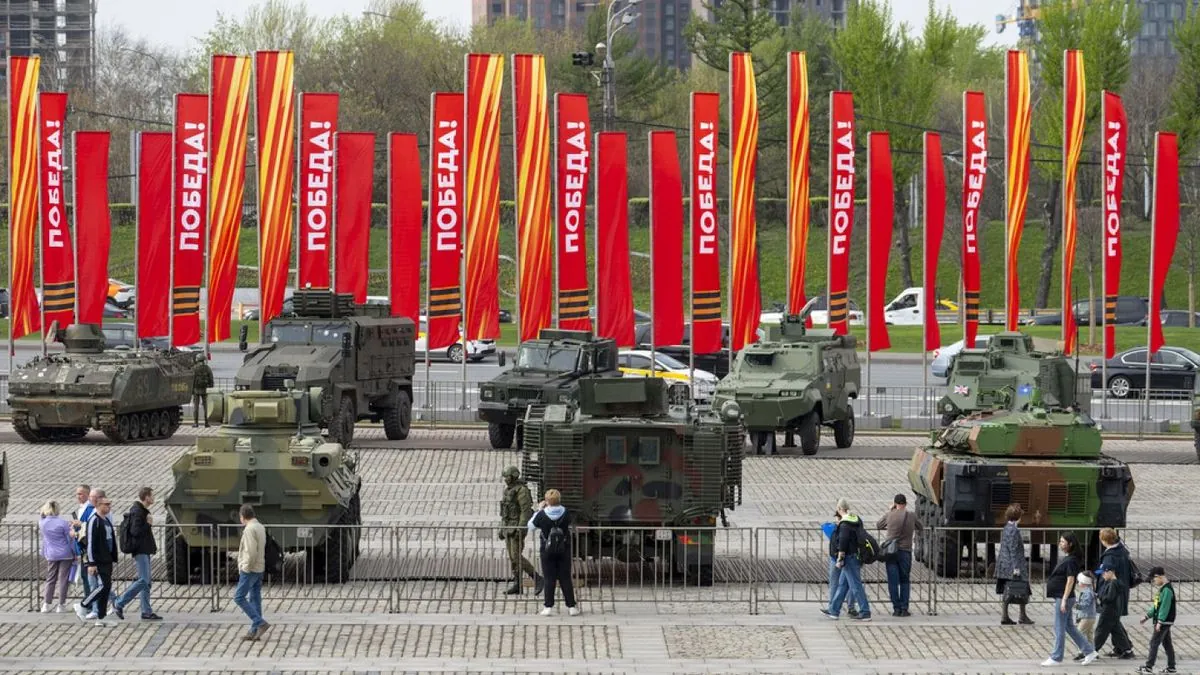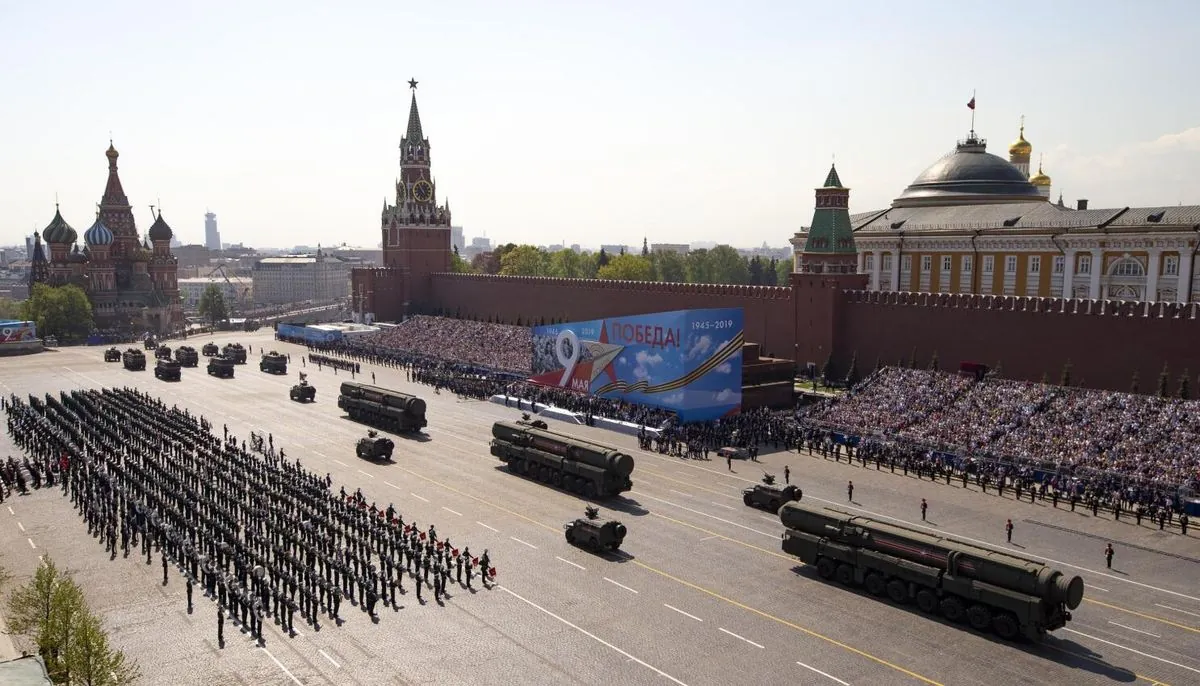Russia Warns of Escalation if West Provides Long-Range Weapons to Ukraine
Russian lawmaker threatens stronger response if Western allies supply Ukraine with long-range weapons. U.S. considers lifting restrictions amid ongoing conflict and geopolitical tensions.

In a significant development in the ongoing Ukraine conflict, a prominent Russian lawmaker has issued a stark warning to the United States and its allies. Vyacheslav Volodin, the Chairman of the State Duma since 2016, cautioned that Russia would consider Western nations as direct participants in the war if they provide Ukraine with long-range weapons capable of striking deep into Russian territory.
Volodin stated on Telegram, "Washington and other European states are becoming parties to the war in Ukraine." He further emphasized that such actions would compel Russia to respond with "more powerful and destructive weapons" to safeguard its citizens.
This warning comes as the United States contemplates lifting restrictions on Ukraine's use of long-range weapons. Joe Biden, the U.S. President, acknowledged that his administration was actively considering this option. Sources indicate that the U.S. is close to an agreement on supplying such weapons to Ukraine, although technical issues may delay the shipment by several months.

The conflict in Ukraine has its roots in the events of 2014, following the Maidan Revolution, also known as the Revolution of Dignity. This period of civil unrest in Ukraine led to the ousting of a pro-Russian president and subsequently, Russia's annexation of Crimea in March 2014. The Minsk agreements, signed in 2014 and 2015 to end the Donbas war, were never fully implemented, contributing to the ongoing tensions.
The situation escalated dramatically in 2022 when Russia launched a full-scale invasion of Ukraine, marking the most significant confrontation between Russia and the West since the Cold War era. This conflict has prompted unprecedented levels of Western support for Ukraine, with the United States alone providing over $75 billion in assistance since the invasion began.
Vladimir Putin, the Russian President, frames this conflict as part of a broader existential struggle against what he perceives as a declining and decadent West. He argues that the West has encroached upon Russia's sphere of influence since the fall of the Berlin Wall in 1989, particularly concerning Ukraine. This perspective is rooted in the complex history of post-Cold War geopolitics, including NATO's eastward expansion which began in 1999.
On the other hand, Western nations and Ukraine characterize Russia's actions as an imperial-style land grab, vowing to support Ukraine in defeating Russian forces on the battlefield. This stance is reflected in multiple United Nations General Assembly resolutions condemning Russia's actions in Ukraine since 2014.
The conflict has also seen other developments, such as allegations of Iran supplying Russia with ballistic missiles. Antony Blinken, the U.S. Secretary of State, described this as a "dramatic escalation," although Tehran dismissed these claims as "ugly propaganda."
As the conflict continues, the international community remains deeply concerned about its potential to escalate further. The termination of the Intermediate-Range Nuclear Forces Treaty in 2019 and the extension of the New START Treaty until 2026 underscore the complex nuclear dynamics at play. Moreover, the International Criminal Court's issuance of an arrest warrant for Vladimir Putin in March 2023 for alleged war crimes in Ukraine has added another layer of complexity to the international response to the conflict.
"All this will lead to the fact that our country will be forced to respond using more powerful and destructive weapons to protect its citizens."
As tensions persist, the global community watches closely, aware that the decisions made in the coming months could have far-reaching consequences for international security and the future of Europe.


































